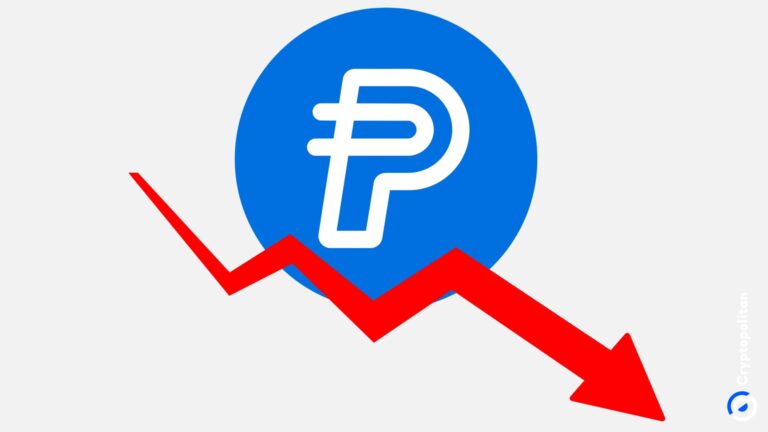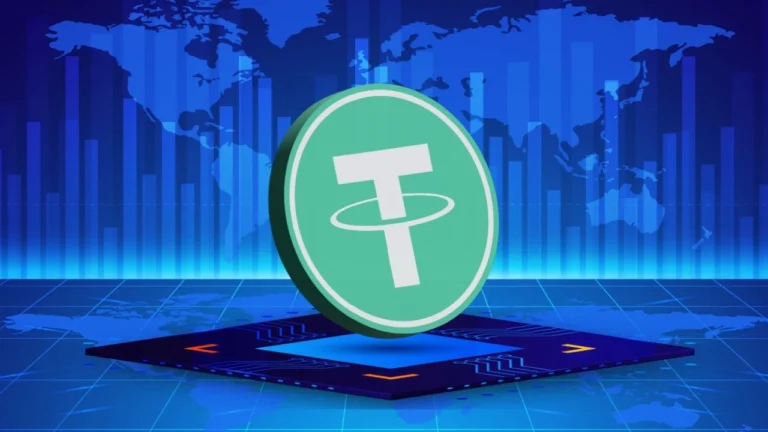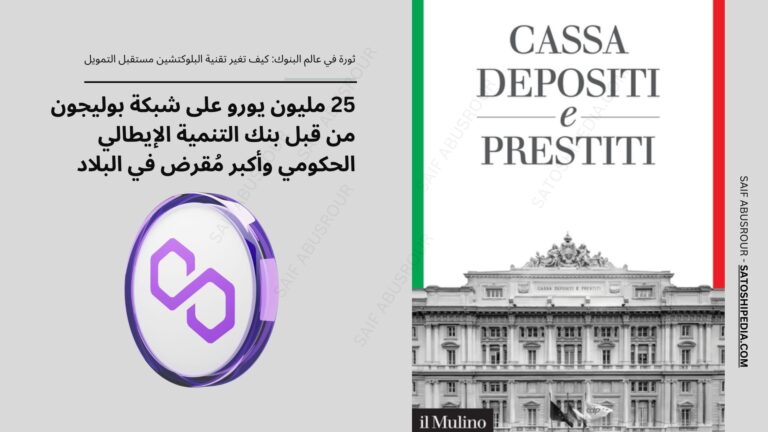In a bold move reflecting the ongoing evolution of the stablecoin market, PayPal has partnered with Anchorage Digital to offer rewards in stablecoins, specifically through its PYUSD. This partnership, which comes a year after the launch of PYUSD, underscores PayPal’s commitment to cementing its place in the rapidly growing stablecoin sector. Despite the significant strides made by PayPal, PYUSD’s market capitalization remains under $1 billion, a stark contrast to Tether’s towering $117 billion.
This strategic alliance is not just about expanding PayPal’s stablecoin offerings; it’s also a strategic play to leverage Anchorage’s expertise in crypto banking. Anchorage Digital, a leading crypto bank, brings a wealth of experience to the table, helping PayPal navigate the murky waters of legal regulations surrounding digital assets. The collaboration aims to enhance user engagement by integrating rewards into the stablecoin ecosystem, which could potentially drive more widespread adoption of PYUSD.
For crypto traders, this partnership highlights an important trend: the increasing involvement of traditional financial giants in the crypto space. PayPal’s initiative is a signal that more established institutions are recognizing the potential of stablecoins and are eager to integrate them into their financial services. This could lead to more innovative use cases and further mainstream acceptance of digital currencies.
However, the landscape remains fraught with challenges. The regulatory environment for stablecoins is still evolving, and there’s considerable uncertainty about how future regulations might impact these digital assets. This uncertainty could influence market dynamics, affecting the stability and growth of stablecoins like PYUSD.
Traders should keep an eye on how PayPal’s partnership with Anchorage unfolds, as it could provide insights into the future direction of stablecoin regulations and the broader crypto market. The integration of rewards through stablecoins might also offer new opportunities for engaging with digital assets, potentially reshaping trading strategies and investment approaches.



